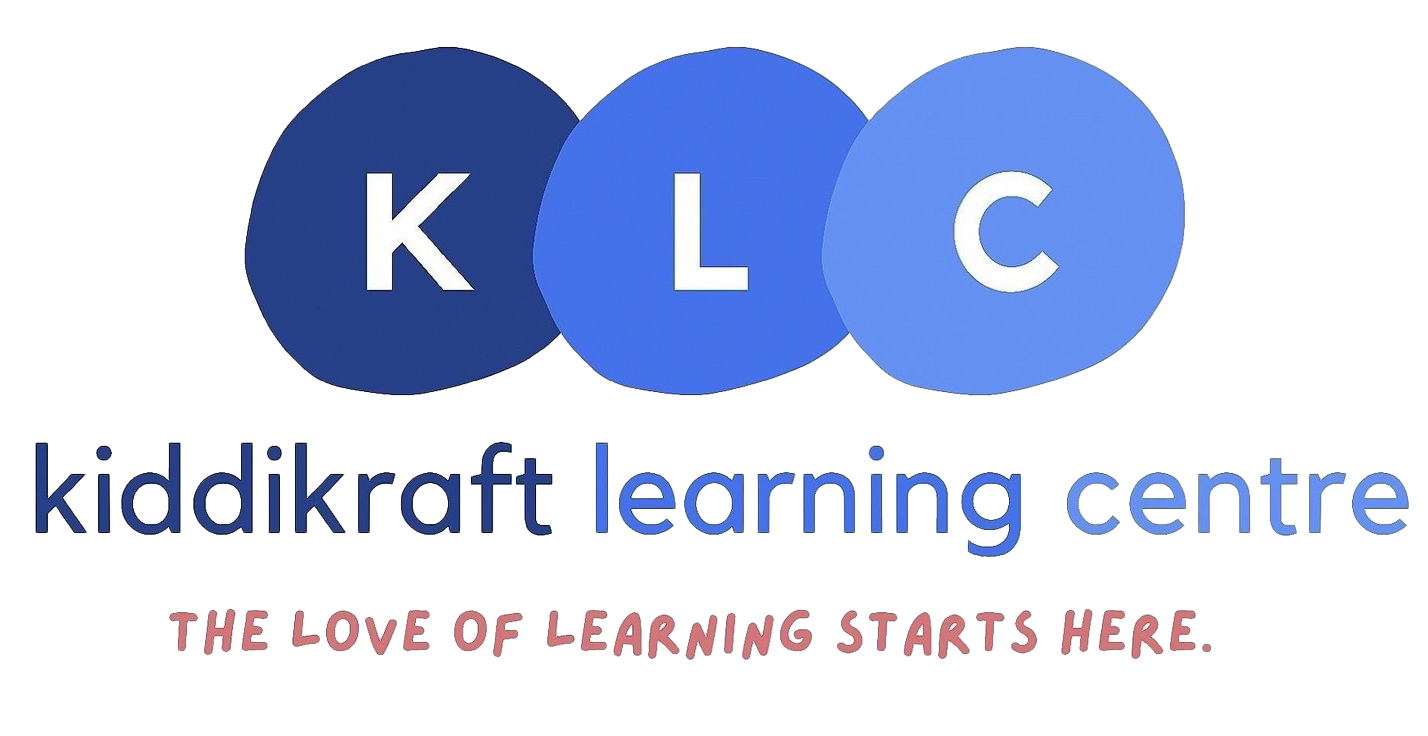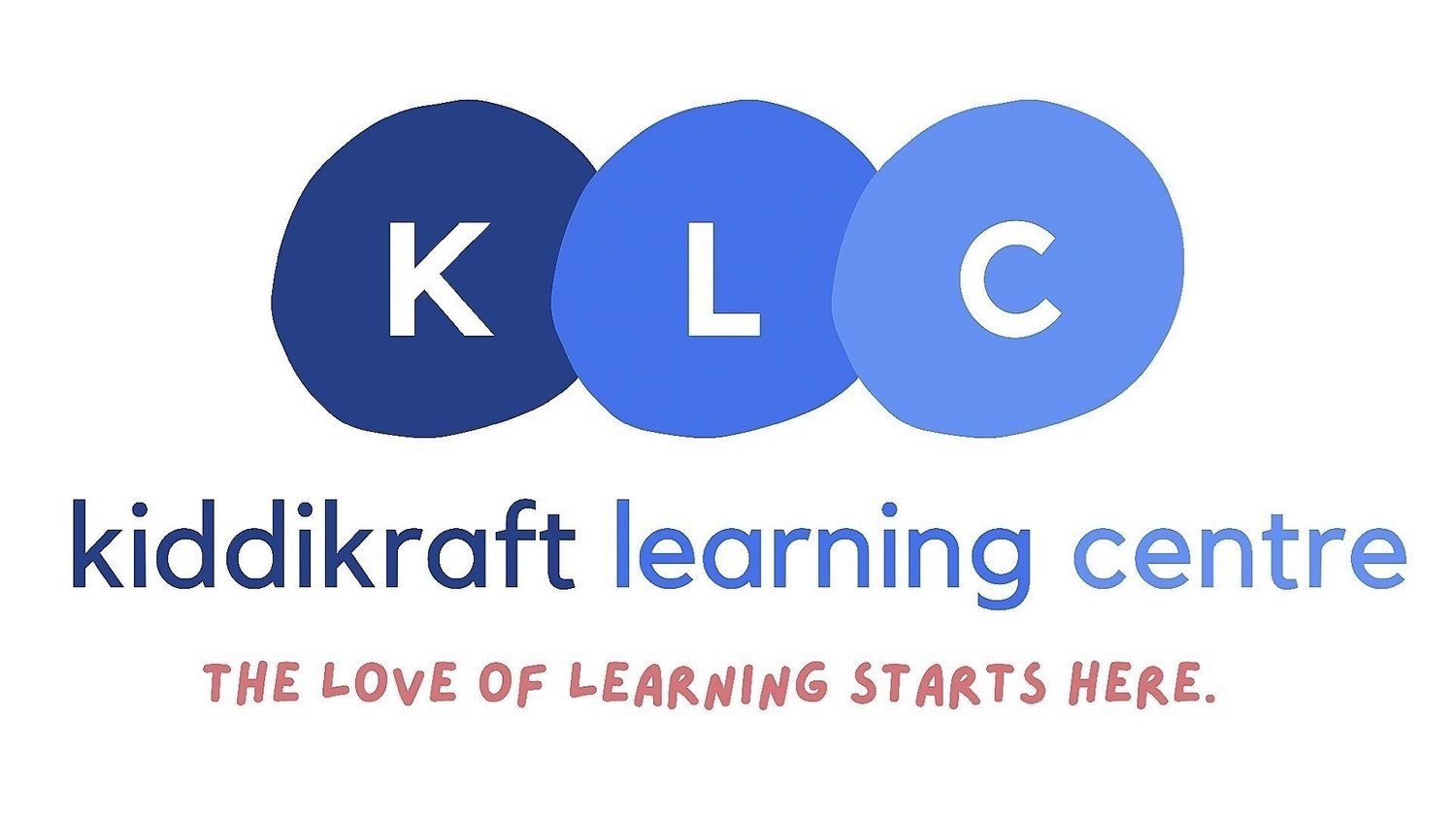Promoting Cultural Awareness: Embracing Diversity
Introduction:
Promoting cultural awareness is essential for helping children develop an appreciation for diversity, tolerance, and inclusion, and for fostering positive relationships with people from different backgrounds and cultures. By teaching them about cultural diversity, traditions, and customs, parents can empower their children to embrace diversity and celebrate the richness of human experience.
Exploring Cultural Diversity:
Encourage your child to explore cultural diversity by learning about different cultures, languages, and traditions from around the world. Expose them to diverse perspectives and experiences through books, films, music, art, and cultural events, and encourage them to ask questions and engage in meaningful discussions about cultural differences and similarities.
Fostering Respect and Inclusion:
Foster respect and inclusion in your child's attitudes and behaviours towards people from different backgrounds and cultures. Teach them to value diversity and treat others with kindness, empathy, and respect, regardless of race, ethnicity, religion, or nationality.
Celebrating Cultural Traditions:
Celebrate cultural traditions and holidays from around the world as a family, and encourage your child to participate in multicultural events and activities that highlight the diversity of human culture. Share stories, recipes, and customs from your own cultural background, and learn about and appreciate the traditions of others.
Promoting Intercultural Understanding:
Promote intercultural understanding by encouraging your child to engage in meaningful interactions with people from different backgrounds and cultures. Encourage them to make friends with peers from diverse backgrounds, and to learn from their perspectives and experiences.
Teaching Global Citizenship:
Teach your child about global citizenship and the interconnectedness of people and cultures around the world. Help them understand their role as global citizens and the importance of working together to address global challenges and promote peace, justice, and equality for all.
Challenging Stereotypes and Prejudice:
Challenge stereotypes and prejudice by teaching your child to recognize and confront biases and stereotypes that perpetuate discrimination and inequality. Encourage them to be critical thinkers and to question assumptions, and to stand up against prejudice and injustice in all its forms.
Modeling Cultural Respect:
Model cultural respect in your own attitudes and behaviours towards people from different backgrounds and cultures, and demonstrate an openness to learning from and about others. Show your child that diversity enriches our lives and makes the world a more vibrant and interesting place to live.
Encouraging Cross-Cultural Learning:
Encourage your child to engage in cross-cultural learning experiences such as travel, exchange programs, or cultural immersion activities that expose them to new perspectives and ways of life. Help them develop an appreciation for cultural diversity and a curiosity to learn more about the world beyond their own community.
Celebrating Cultural Contributions:
Celebrate the contributions of diverse cultures to society, and acknowledge the positive impact of cultural diversity on our communities and shared humanity. Highlight the achievements and accomplishments of people from different backgrounds and cultures, and show your child that diversity is a source of strength and resilience.
Conclusion:
Promoting cultural awareness is essential for helping children develop an appreciation for diversity, tolerance, and inclusion, and for fostering positive relationships with people from different backgrounds and cultures. By exploring cultural diversity, fostering respect and inclusion, celebrating cultural traditions, promoting intercultural understanding, teaching global citizenship, challenging stereotypes and prejudice, modeling cultural respect, encouraging cross-cultural learning, and celebrating cultural contributions, parents can empower their children to embrace diversity and celebrate the richness of human experience.

